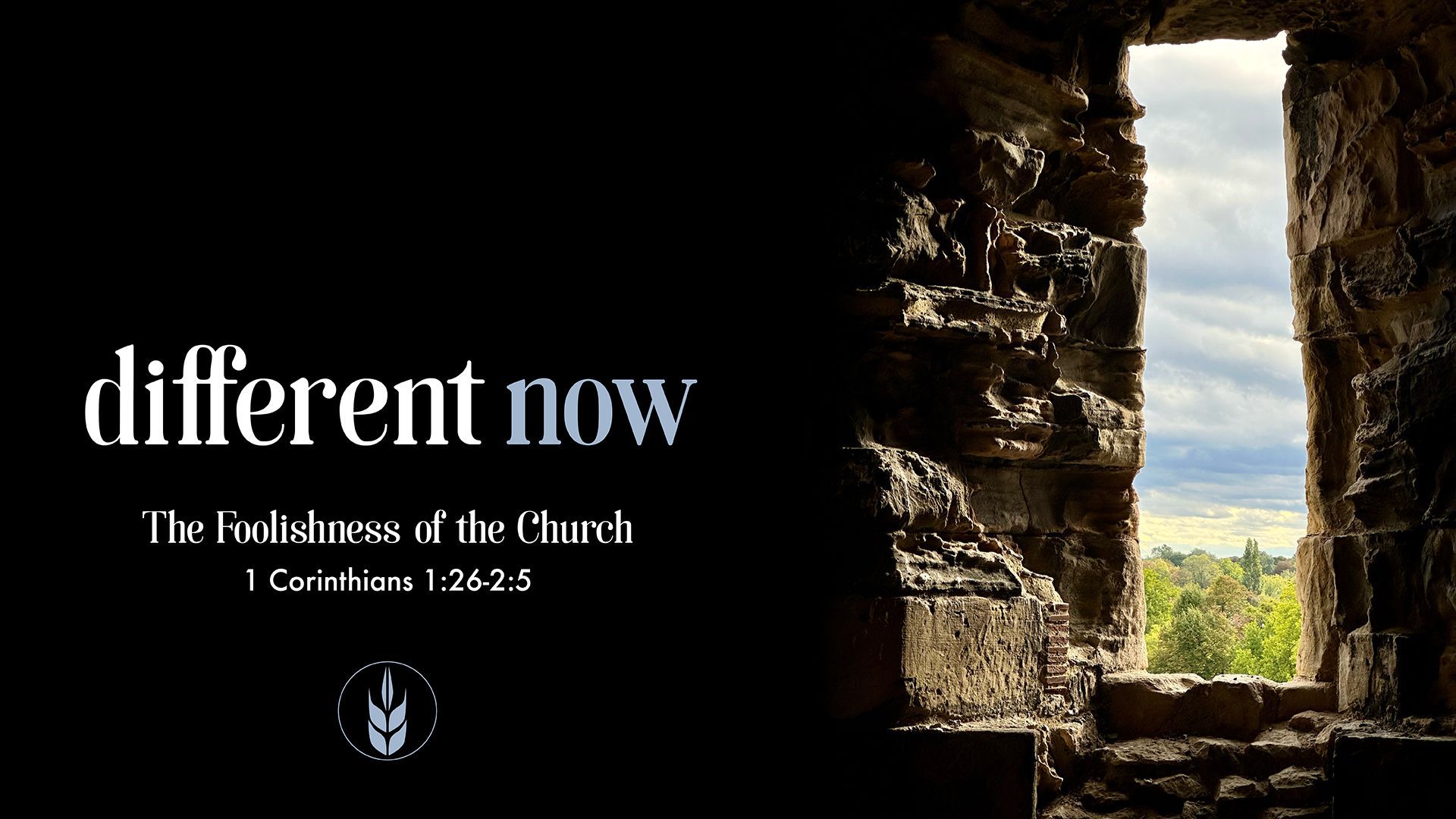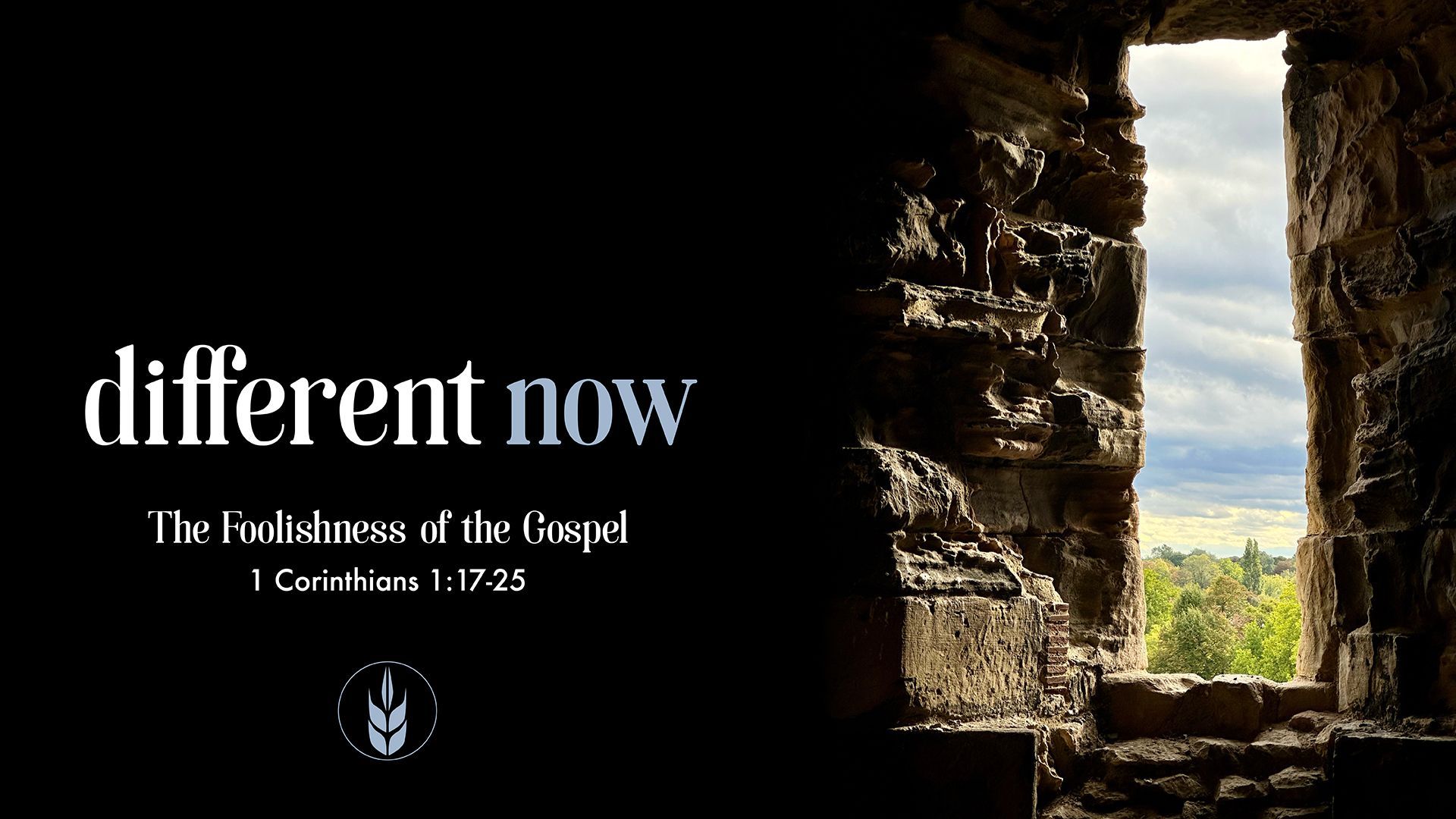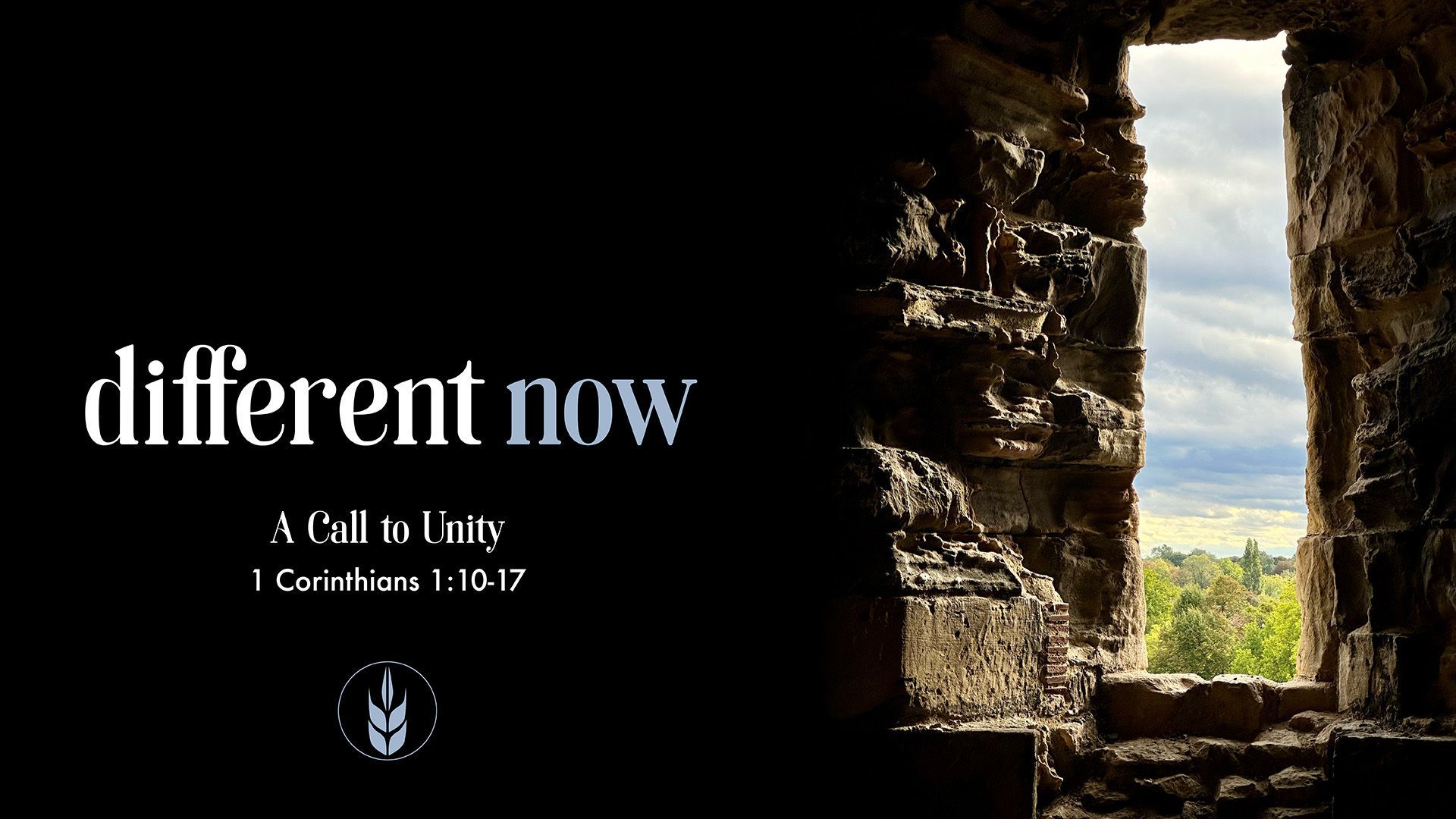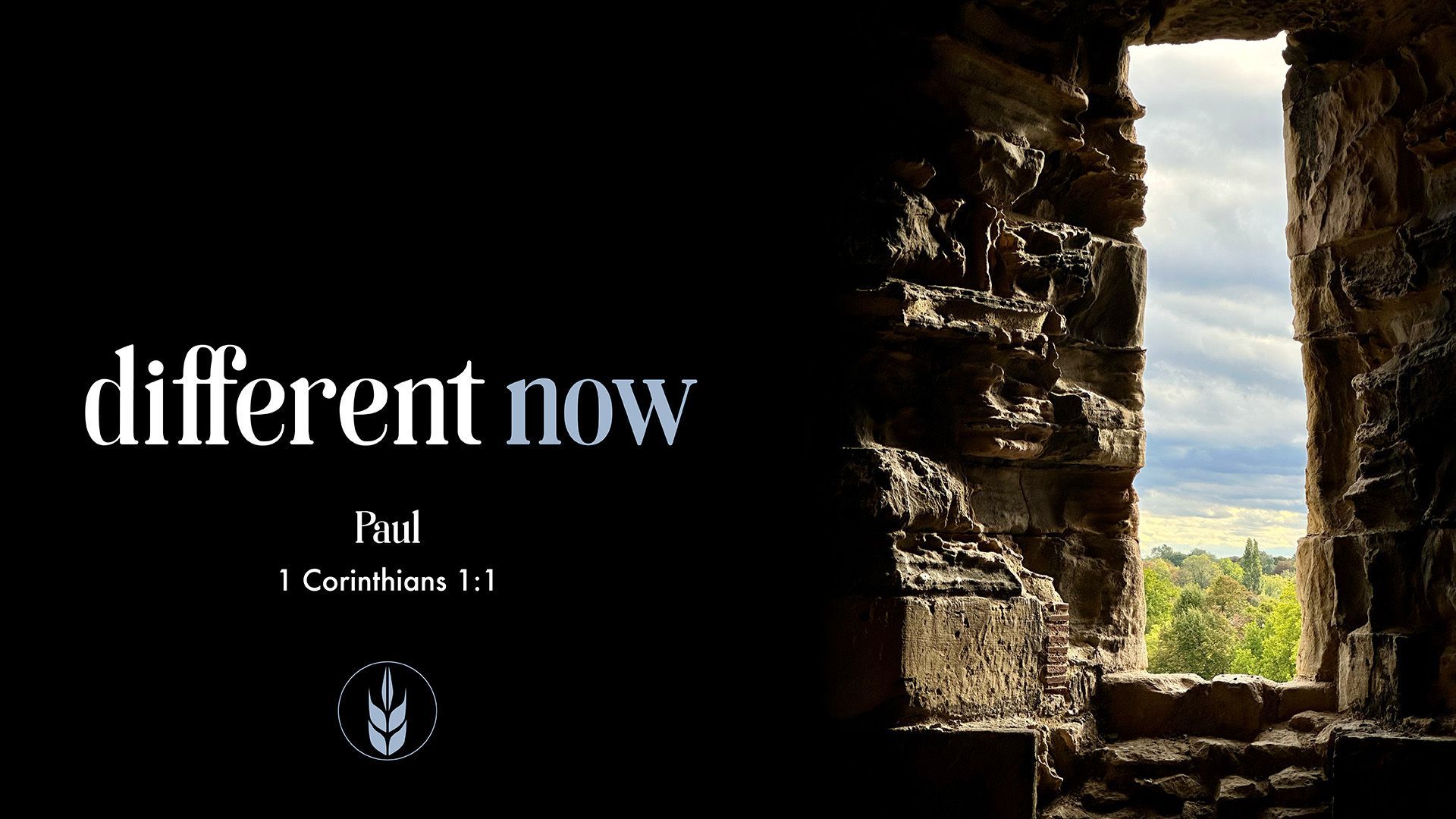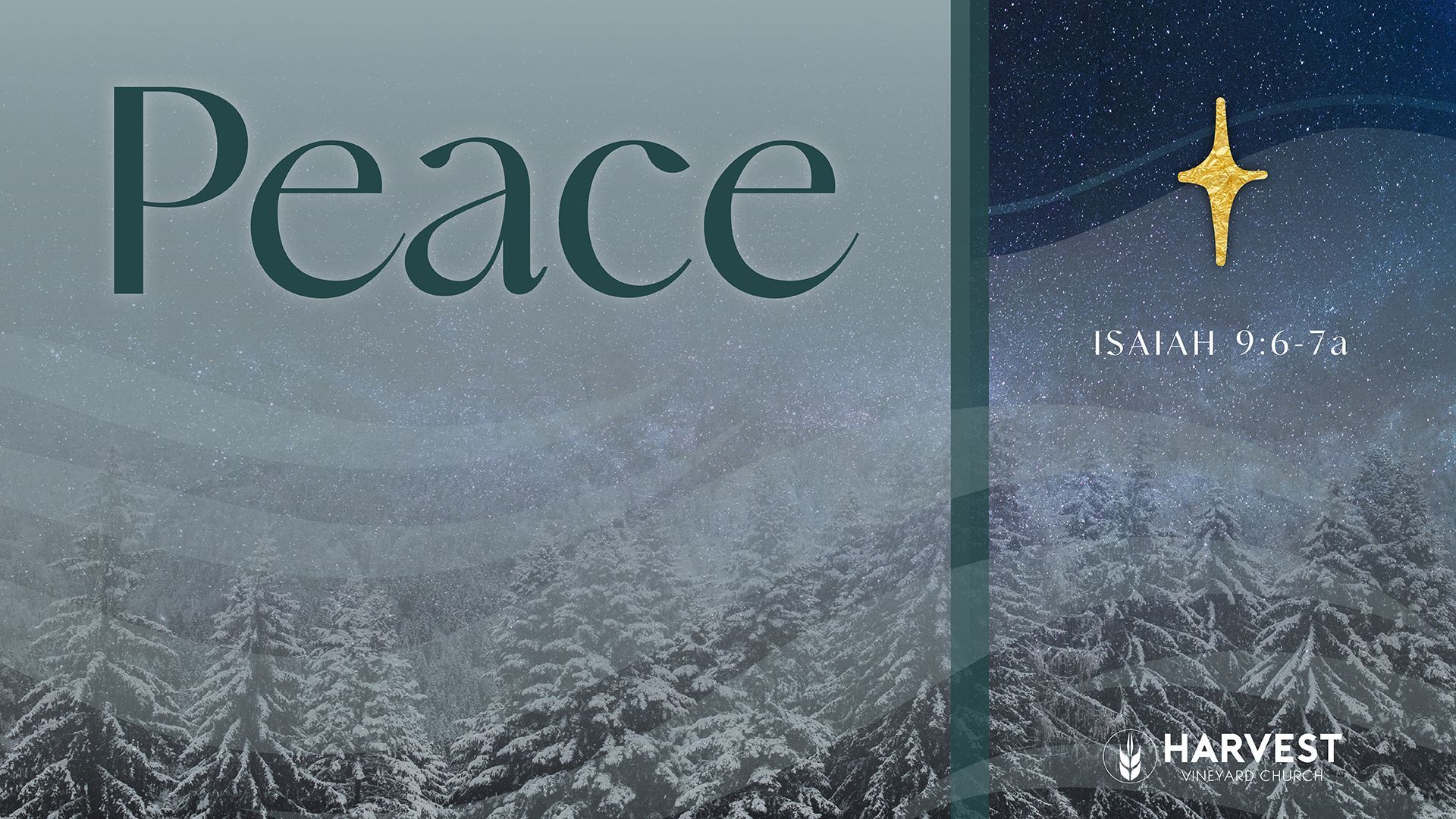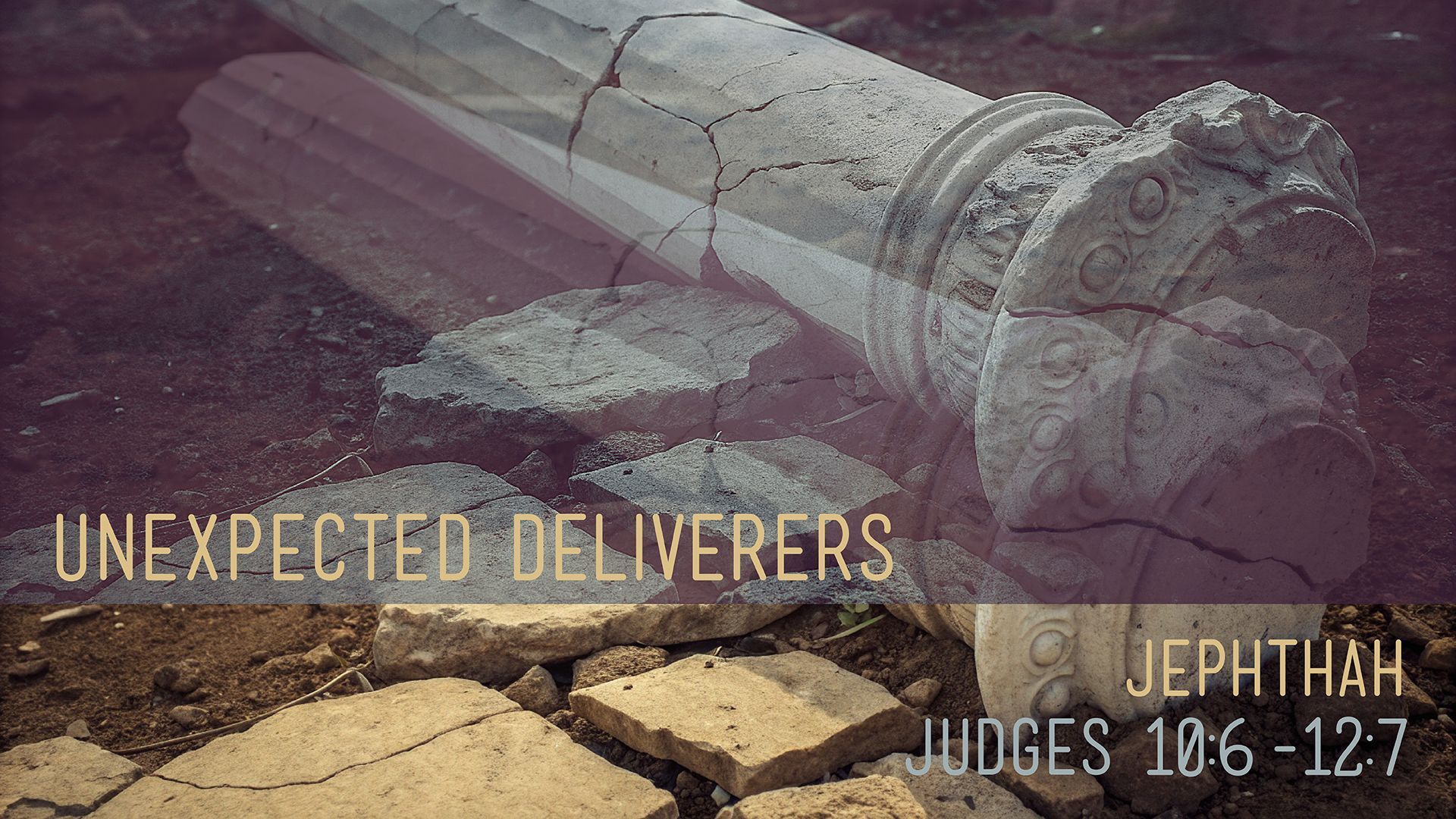
The Book of Judges: A Mirror to Our Souls
In the pages of the Bible, few books are as raw and unfiltered as the Book of Judges. It's a narrative that doesn't shy away from the darkness of human nature, presenting a stark portrayal of a people struggling to remain faithful to their God. As we delve into this challenging text, we find ourselves confronted with a cycle that feels all too familiar: peace, sin, oppression, repentance, and deliverance.
The Story of Jephthah
The story of Jephthah, one of the judges of Israel, serves as a poignant example of this cycle and the complexities of human nature. Born to a prostitute and rejected by his family, Jephthah rose to become a powerful leader, sought out by the very people who had once cast him aside. His tale is one of redemption, but also of tragic missteps.
Jephthah's Rash Vow
Jephthah's victory over the Ammonites should have been a moment of pure triumph. Instead, it becomes a cautionary tale about the dangers of misunderstanding God's character. In a moment of zeal, Jephthah makes a rash vow to sacrifice whatever first comes out of his house to greet him upon his return. The heartbreaking result is the appearance of his only daughter, dancing with joy at her father's victory.
H2: The Tension Between God's Work and Human Actions
This moment forces us to confront a difficult truth: just because God works through someone doesn't mean He endorses all their actions. It's a tension we see played out repeatedly in Scripture and even in our modern world. How often have we witnessed Christian leaders fall from grace, their ministries tarnished by hidden sins? It's a sobering reminder that God's work through us is not evidence that He has finished His work in us.
The Dangers of Syncretism
The story of Jephthah serves as a powerful warning against becoming so immersed in our culture and its idols that we forget the true character of God. Jephthah, it seems, had become so accustomed to the violent, transactional nature of the pagan gods around him that he projected these attributes onto the God of Israel. His tragic vow reflects a fundamental misunderstanding of who God is and what He desires from His people.
Understanding Syncretism Today
This phenomenon, known as syncretism, is not unique to ancient Israel. We too can fall into the trap of blending our cultural norms, personal preferences, or past experiences with our understanding of God. We might unconsciously project our own traits onto Him, assuming that (for example) because we value order, fun, good food, or artistic expression, God must prioritize it above all else. Or we might let our past hurts color our view of God's love, seeing it as conditional when it is, in fact, unconditional.
Keeping Our Focus on Jesus
To guard against this, we must continually turn our eyes to Jesus. As the author of Hebrews tells us, Jesus is "the radiance of God's glory and the exact representation of his being." When we want to know what God is like, we need look no further than the life, teachings, and actions of Jesus. He is, as C.S. Lewis beautifully put it, "what the Father has to say to us."
Our Need for Jesus
The story of Jephthah, and indeed the entire Book of Judges, points us to our desperate need for Jesus. The recurring refrain, "In those days Israel had no king; everyone did as they saw fit," underscores the chaos that ensues when we try to navigate life without divine guidance. It sets the stage for the coming of the true King, Jesus Christ, who alone can rescue, restore, and lead with perfect grace, truth, justice, and righteousness.
The Astounding Nature of God's Grace
Perhaps the most profound lesson we can draw from the Book of Judges is the astounding nature of God's grace. Despite the repeated failures of His people, God remains faithful to His covenant. As an angel declares in Judges 2:1, "I will never break my covenant with you." This promise echoes throughout Scripture, from Deuteronomy to Joshua, and finds its ultimate fulfillment in Jesus' assurance, "Surely I am with you always, to the very end of the age."
Tim Keller beautifully summarizes this theme: "God relentlessly offers his grace to people who do not deserve it, who do not seek it, and who never appreciate it, even after they've been saved by it." This is the heart of the gospel - a love that pursues us even when we turn our backs, a grace that saves us even when we don't recognize our need for it.
Questions for Reflection
As we reflect on these challenging stories from Israel's history, we're invited to examine our own lives. Where have we allowed cultural norms or personal experiences to distort our view of God? How might we be projecting our own traits or preferences onto Him? Are there areas where we, like Jephthah, are operating out of a misunderstanding of God's character?
Embracing God's Unchanging Character
The good news is that even in our confusion and missteps, God's grace remains constant. He continues to pursue us, to offer us forgiveness and restoration. Our task is to keep our eyes fixed on Jesus, allowing His life and teachings to shape our understanding of who God is and what He desires for us.
As we close this reflection, let's take a moment to thank God for His relentless pursuit of us. Let's ask Him to reveal more of His true character to us through Jesus. And let's commit to reflecting that character - one of love, grace, and truth - to everyone we encounter.
In a world that often feels as chaotic and directionless as ancient Israel during the time of the judges, may we find hope and guidance in the unchanging character of our God, perfectly revealed in Jesus Christ. May we, unlike the Israelites of old, recognize our true King and allow Him to lead us into lives of faithfulness and purpose.
Hit play to listen to the sermon this blog is based on
At Harvest Vineyard, we believe we are better together, in community. We're glad you're here.
ENCOUNTER CHRIST.
EXPERIENCE COMMUNITY.
LOVE THE WORLD.
We believe that experiencing the love and mercy of God is more effective in bringing change to people's lives than rules, guilt, and condemnation. We have attempted to make our community a place where people can come as they are and still experience love and mercy. At the same time, we desire to learn and apply the truth of God to our lives and learn how to speak truth to one another.



